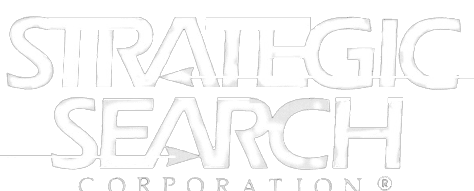Scott: To help you remember the three steps of the real benefit exercise we have created the acronym C.O.P.
Ed: Cop
Scott: Right. C stands for copying, O stands for organizing and P stands for practice practice and more practice. First, C for copying. What you want to do is get a little ring memo pad like this. Something that will easily fit into your pocket and over the next three to four days. You want to copy down all your accomplishments and skills that are related to the job you’re interviewing for.
Ed: Well why do I need to take 3 to 4 days on this stuff?
Scott: Most people feel they can immediately remember everything they’ve done. However, research shows that you’ll be lucky to remember 60 to 70% of your accomplishments and skills at the outset. The remaining 30 to 40% is going to come to you when you least expect it. For example you can be watching your favorite sitcom and remember a 50% cost savings from 10 years ago. That’s why you want to spend at least a couple days on this step.
Ed: Well what else should I copy down?
Scott: You want to copy down all your quantitative accomplishments such as ways you’ve made money for past employers, saved money for past employers, any awards you have, in general any recognition that’s made you stand out versus your peers.
Ed: Like the time I was named employee of the month by Doright Savings?
Scott: Exactly and once you can’t think of any more things then you’re ready for step two which is O for organizing. What you want to do is take the information you’ve copied in step one and then you want to organize it into a useful format.
Ed” Well, how do you do that?
Scott: The best way is to rank order it from the most important, second most important, third most important down to the least important and then memorizing your top 10 accomplishments and skills that are related to the job.
Ed: Well I understand that but how do I figure out how to prioritize everything, first, second, third?
Scott: Good question. You want to look at the job description and research the company. Both will offer you clues as to what’s most important to the hiring company. Let that information guide you.
Ed: What’s next?
Scott: The final step is P for practice practice and more practice. We recommend that you should videotape your practice sessions because that’s the best way for you to improve your interview skills.
Ed: Well why do I need to videotape my practice session?
Scott: The reason is you’re your own best judge. By viewing your mistakes and making a conscious effort to improve you will improve. Besides that, with the cost of camcorders so low, there’s no reason why you shouldn’t videotape your practice session all you need is a good partner to help you out.
Ed: Well, who should I get to assist me?
Scott: You want to get somebody that you can trust who smart knows your industry and most of all is going to be really tough on you.
Ed: Why really tough?
Scott: Because our research shows that the tougher you are on yourself in a practice interview the easier the actual interview is going to be for you.
Ed: Well should I practice anything else?
Scott: In a little bit I am going to show you the 10 caveats of interviewing. You should include those in your practice sessions.
Ed: Scott, this sounds like a lot of work.
Scott: It is but keep one thing in mind, Ed. Nobody’s going to hire you unless you can make money for them. You need to put yourself in the hiring company’s shoes and ask yourself the question, “Why should they hire me”? That’s what this is all about. And the more you can stand out verses the competition the better your chances are of getting hired.



